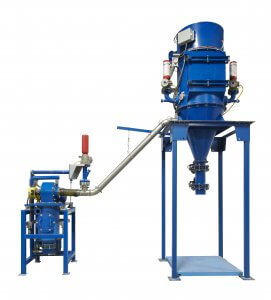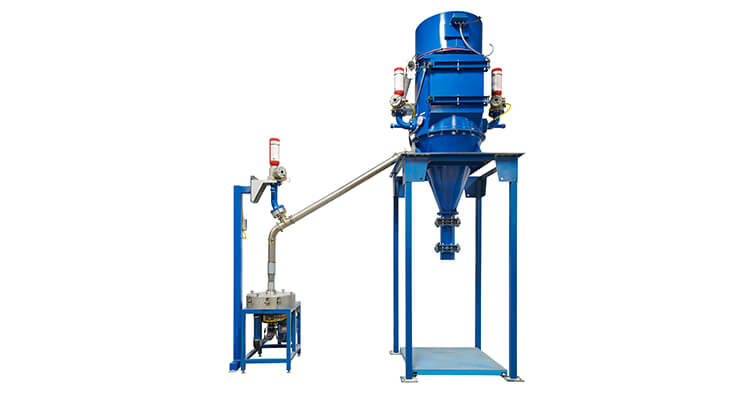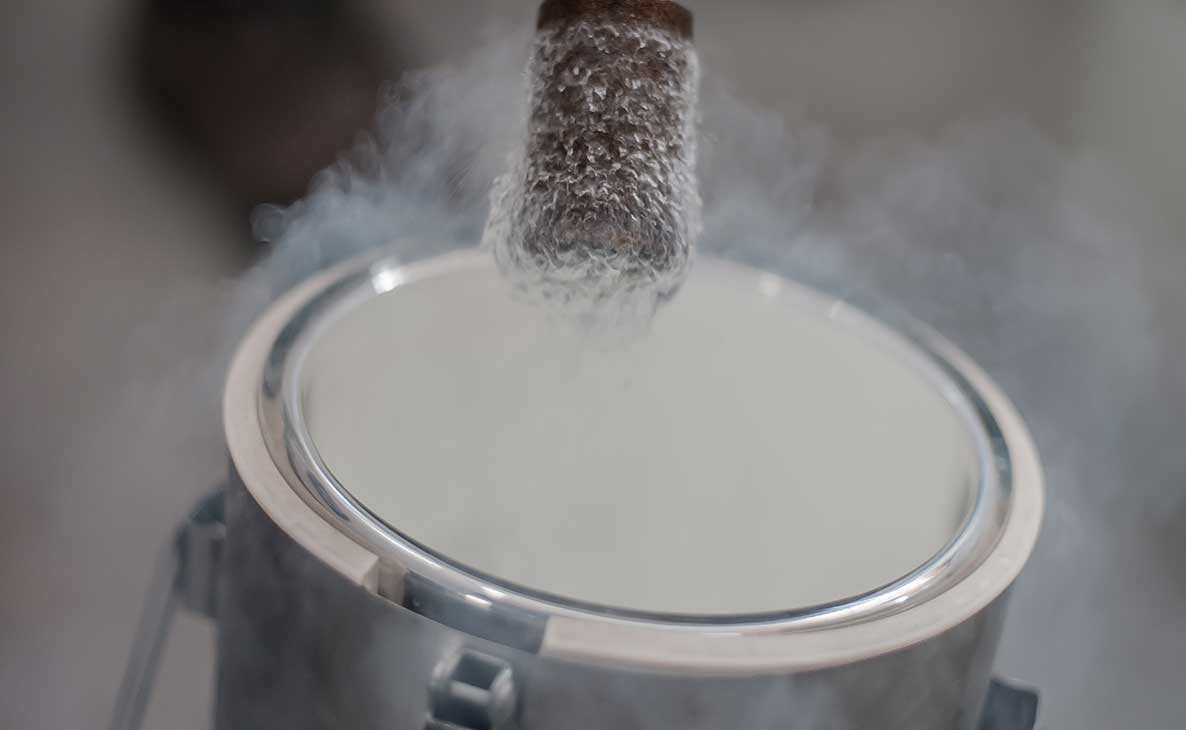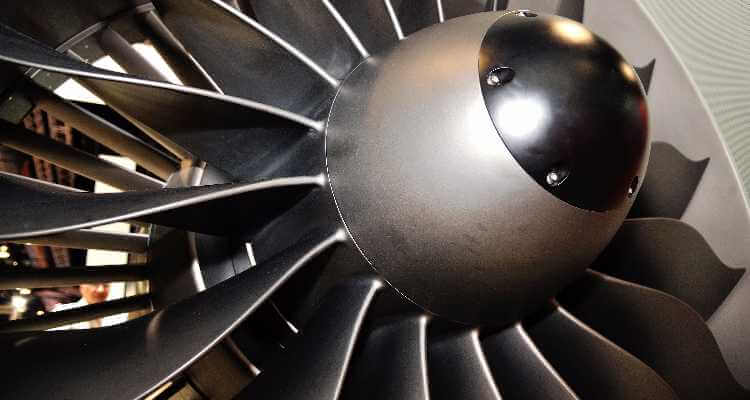At AVEKA, we’ve helped many different clients in aerospace and other highly specialized industries over the years. From proprietary polymers and resins to chemical agents and reactants, we’ve worked with a large variety of high-value materials commonly found in these applications.
Recently, a customer in the aerospace industry approached us with a particular issue they were having. To effectively 3D print their custom parts, they needed to reduce their material down to a very specific particle size distribution.
Unfortunately, they didn’t have the proper equipment or expertise to accomplish that task in-house, since the material in question was a highly advanced and exceptionally tough engineered thermoplastic.
What are engineered thermoplastics?
Engineered thermoplastics are the workhorse materials of many different industries, such as aerospace, automotive, and electronics. Unlike commodity thermoplastics—their more cost-effective and commonly used brethren—engineered thermoplastics have far superior properties for use in much more demanding applications.
Engineered thermoplastics are:
- Exceptionally strong and durable
- Incredibly lightweight
- Heat, chemical, and water-resistant
What’s the secret of their improved performance?
Engineered thermoplastics are so remarkable due to the chemical structure of their base polymers, as well as the various additives that are introduced for many hyper-specific applications.
For these reasons, engineered thermoplastics are much more expensive and time-intensive to produce. Yet, due to their incredible properties and the fact that they’re an ideal material for 3D printing, this makes them the perfect choice for aerospace parts and other critical applications.
Addressing the need for pre-processing
The customer provided us with the engineered thermoplastic feed in the form of pellets which were several millimeters in size. The problem was that this pellet size was too large and too tough to be a feedstock for jet milling equipment.
After conducting initial tests, the AVEKA R&D team determined that a pre-processing step would need to first take place, consisting of running the material through a hammer mill. In this case, due to the hardened nature of the engineered thermoplastic, we opted to use a cryogenically cooled hammer milling system.
We were able to successfully fracture the pellets down to under 500 microns. The resulting smaller diameter and fractured morphology of the cryo-milled feed facilitated the jet milling process due to the lower mass per particle and better acceleration in the jet mill.
Applying the jet milling process

Once the preprocessing step was complete, the material was shipped from our AVEKA Woodbury facility over to our AVEKA CCE facility in Cottage Grove, MN. There, the product was loaded into one of our industrial jet mills for final size reduction.
Jet milling was chosen specifically for this unique material since the process uses room-temperature air and introduces no significant heat sources. Heating thermoplastics only makes them softer and more pliable when instead we need them to stay cool and friable to be easily broken down to the required size.
Furthermore, jet milling has the high energy input necessary for rapid milling of these extra-tough polymer particles. Our jet mill was able to get the desired target size distribution that the customer needed.
Using air classification for quality control
Oftentimes, there is a need for post-processing as well, to remove or minimize the finest particles from the size distribution. These fines can be very problematic—especially in 3D printing—where they can lead to an overly dusty material, which often results in product defects.
Unsurprisingly, that was the case with this particular project. Fortunately, our air classification system was able to separate the fine particles from the final output.
Once the post-processing step was complete and all other quality control checks were conducted, the final product was packaged and shipped to the highly satisfied customer.
Choose AVEKA for your engineered particle processing needs
Whether you’re in the aerospace, electronics, or industrial industry, when it comes to engineered thermoplastics and other advanced particles, you need a partner you can trust—one with the experience and understanding necessary to not only know when a multi-step approach is necessary but why.
AVEKA is uniquely qualified to handle specialty particles safely and correctly. We’re able to consistently meet very specific particle size distributions and produce high outputs.
Contact us today for a feasibility assessment for your next project.



